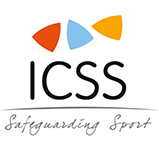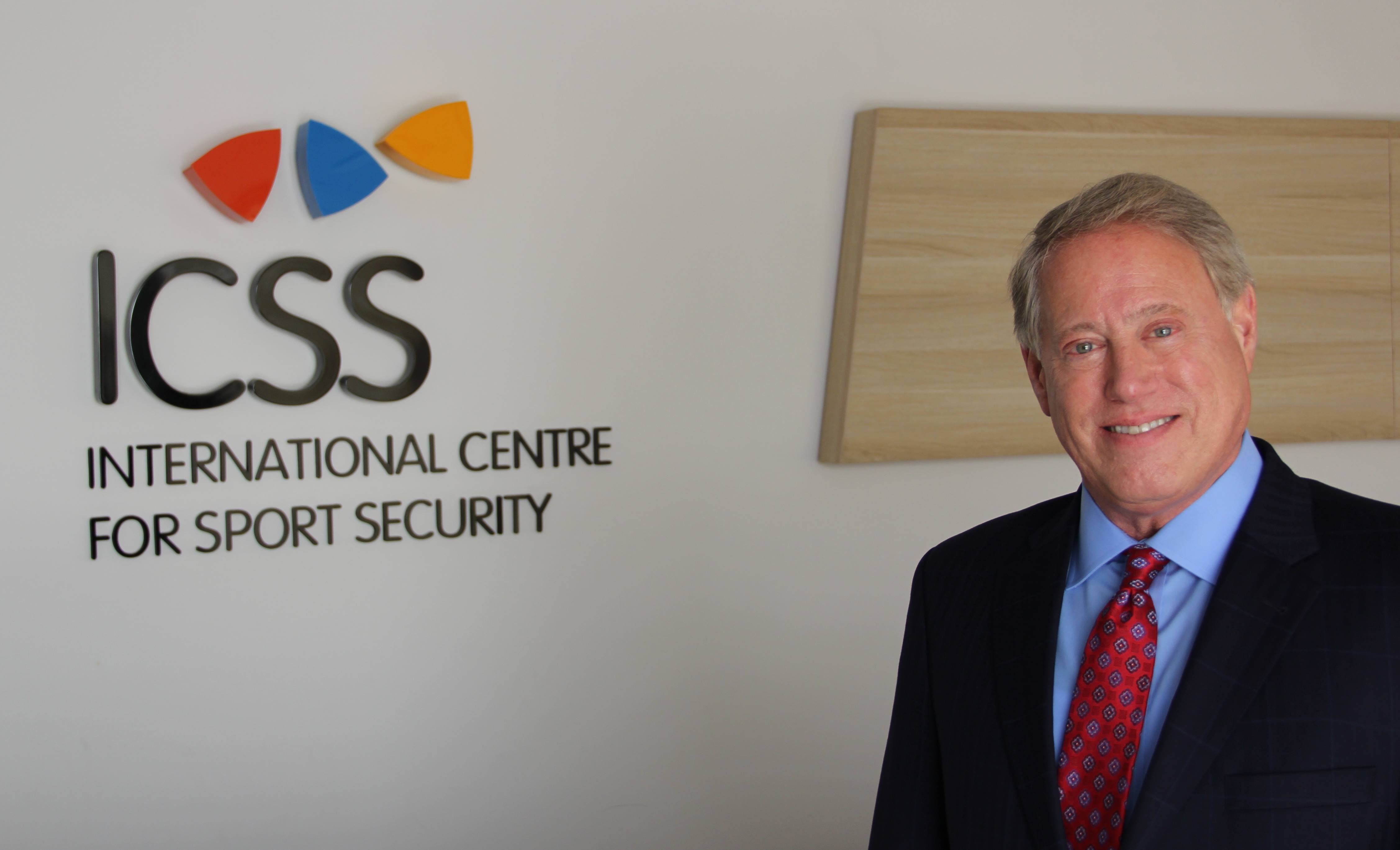OP-ED: Restoring Trust in Sport in 2017 – ICSS Group CEO featured in INTERPOL Bi-Weekly Bulletin
Restoring Trust in Sport in 2017 – collaboration is key to combatting match-fixing and the integrity challenges facing sport
By Michael Hershman, Group CEO at the International Centre for Sport Security (ICSS)
2016 was a turbulent and tumultuous year for many in sport.
Match-fixing, doping and compliance and governance issues have affected organisations at all levels of the industry. As a result, never before has there been so much scrutiny for sport, never before has the public spotlight shone so brightly on integrity and governance, as well as the conduct of organisations and leaders within the sports industry.
On the field, many sports are unrecognisable compared to 20 years ago. Off it, interest and investments continue to increase, revenues are rising and, whilst the industry should be congratulated for the incredible progress made, plenty more can still be done to protect and safeguard sport from match-fixing and the many integrity challenges it now faces.
Collaboration and collective action is key to tackling match-fixing and protecting the integrity of sport
As someone who has spent his career working in transparency and accountability in the public, private and NGO sector, I have learnt that integrity challenges in any industry – whether it is sport or otherwise – cannot be tackled without strong collaboration and support from law enforcement agencies, as well as a holistic and coordinated approach across all levels and sectors.
As an organisation created in 2010 to help safeguard sport, the ICSS has brought together many international experts from all sectors of the sports industry since it was established. Last year, I joined the organisation as Group CEO to support its mission and to enhance its existing portfolio and offer to partners within sport safety, security and integrity.
Over the last six and a half years, the ICSS has made an active contribution to help fight match-fixing and has delivered a wide range of programmes, educational workshops and resources, including the ICSS-UNODC Resource Guide on Good Practices in the Investigation of Match-Fixing, Financial Integrity and Transparency in Sport (FITS) Football Study and Sorbonne-ICSS Guiding Principles, which help advise policy and bring together expertise and key decision-makers.
As well as our work educating and warning numerous organisations, athletes and officials about match-fixing, the ICSS has also worked alongside UNESCO to host a special meeting which brought together over 100 experts to follow up on the recommendations and commitments adopted in the MINEPS V ‘Declaration of Berlin’ on the manipulation of sports competitions.
This collaborative approach and gathering global expertise in one place lies at the very heart and ethos of the ICSS.
These efforts – as well as the many other positive examples of ongoing anti-match fixing initiatives currently taking place around the world – will be crucial in ensuring that sport in 2017 is properly equipped to prevent the manipulation of matches and that legislation is strong enough to empower law enforcement agencies at national and regional level to combat organised crime in sport.
Match-fixing is a truly global problem that directly affects many sports and countries around the world. Combatting it will require the full support and giving greater resources to empower law enforcement, not to mention understanding and navigating a range of complex cultural, social, economic and political factors in different countries and regions.
If trust is to be restored to sport in 2017 and we are to have real success in the fight against match-fixing then collective action, collaboration and empowering law enforcement with the right tools will be key.
I hope that 2017 will be a year where new partnerships are forged, greater expertise and experiences are shared and all sectors put aside their differences and come together for the collective good and integrity of sport.
The above article was published in the INTERPOL Integrity in Sport Bi-Weekly Bulletin on 23rd January 2017. To read the full bulletin, please click here.

